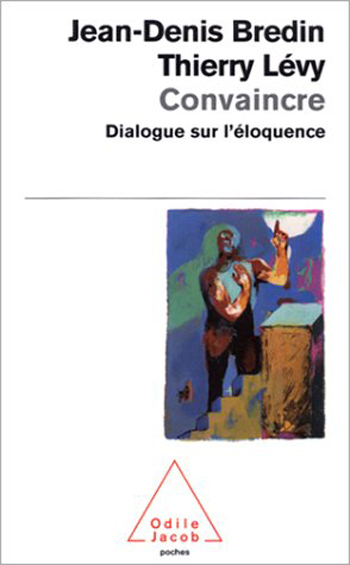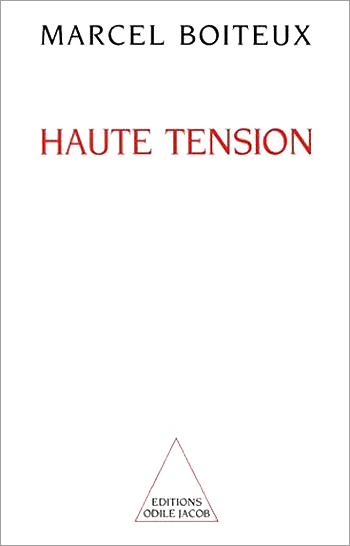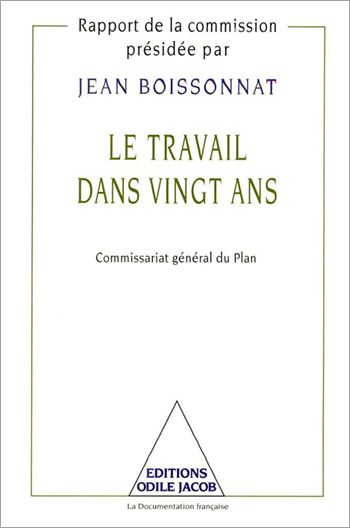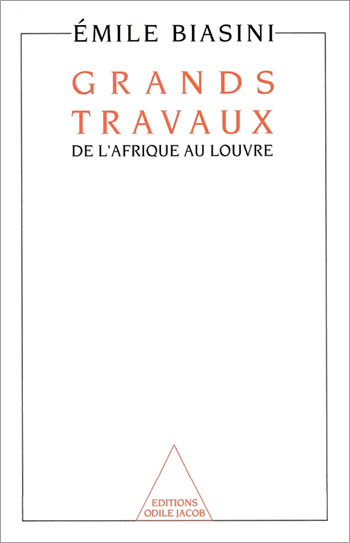Documents All books
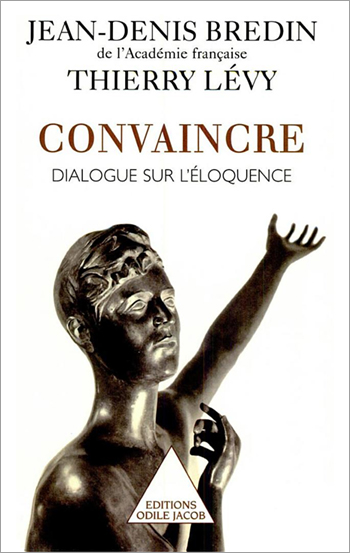
Jean-Denis Bredin, Thierry Lévy
Convince A Discussion of Eloquence
Two of France's most celebrated lawyers demonstrate the power of skillfuloration and how it can subordinate the actual facts. Anyone that is fascinated by speech, judicial history, and the art of debate, will truly enjoy gaining the knowledge, power and sense of conquest that this book imparts as they learn from the masters how to use eloquence advantageously. Entertaining, savage and brillant, this dialogue promises to help all with the art of elocution.
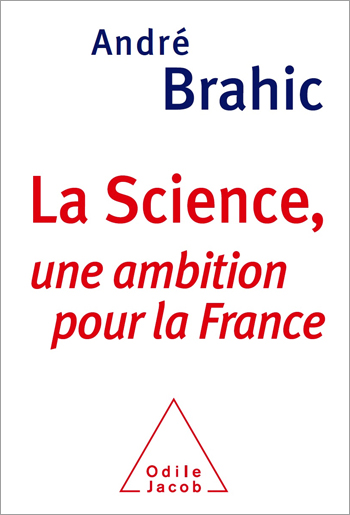
André Brahic
A Manifesto for Science
Because science fascinates and awakens the mind, it should be given pride of place in society and education
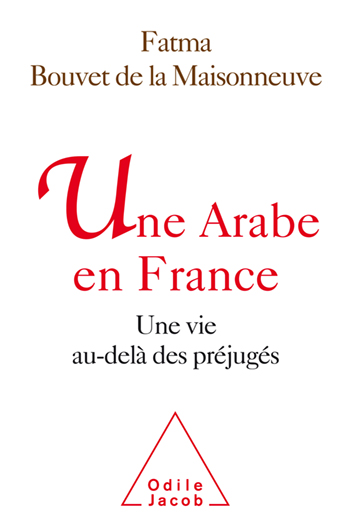
Fatma Bouvet de la Maisonneuve
An Arab from France A life beyond prejudice
A testimony on the question of prejudice about "The Other" and of living together. A sensitive and committed reflection, seen from the inside, on the questions of double culture. A text that sheds light on mutual misunderstandings.
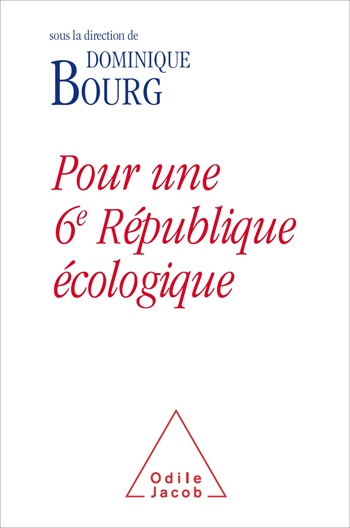
Dominique Bourg
In Defence of an Ecological Sixth Republic
Proposals for a reform of the French Constitution in the run-up to the 2012 Presidential elections
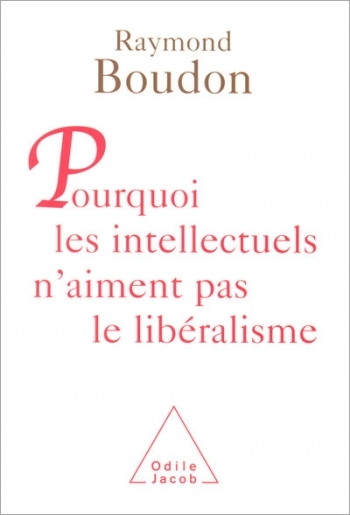
Raymond Boudon
Why intellectual peoples don't like liberalism
Given the intellectual force of liberalism, its political appeal, its economic effectiveness and its historical significance, why is it so unpopular among French intellectuals? Why does it elicit so little serious discussion? And why is it the object of so much confusion, so many clichés and misunderstandings? Is it simply out of resentment, because intellectuals feel that the market does not afford them the material and symbolic rewards that they believe they deserve? Is it just because they prefer to play a critical role in a society where capitalism is triumphant? Perhaps, but these reasons do not explain everything and they certainly dont explain the systematic rejection of liberal thought in France. A sociologist of knowledge rather than of social determinism, and a specialist in belief systems, Raymond Boudon ruthlessly analyses the cognitive mechanisms that make liberalism so hateful in the eyes of French intellectuals. The result is a keen, detailed review of the clichés that have encumbered discussions for more than thirty years. Raymond Boudon, a professor at the University of Paris-IV, is a member of the Académie des Sciences Morales et Politiques. He us the author of numerous works, most notably LInégalité des chances, La logique du social, LIdéologie ou lorigine des idées reçues, LArt de se persuader, Le Sens des valeurs and Déclin de la morale? Déclin des valeurs. He is the co-author, with R. Leroux, of Y a-t-il encore une sociologie?

Xu Bo
A Chinese Man from Paris Talks about the New China
A wonderful tale, teeming with anecdotes and portraits that bring to life from the inside the incredible revolution China has experienced in the past two decades.
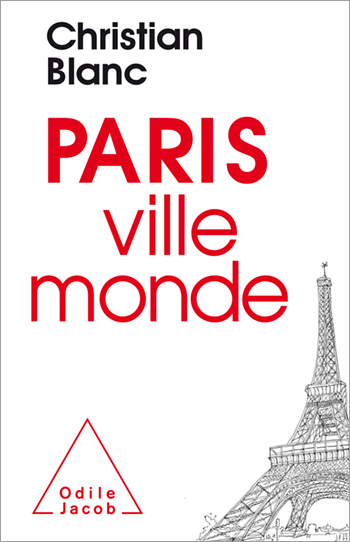
Christian Blanc
Greater Paris
How to save Paris from turning into a dead city and France into a nation in decline
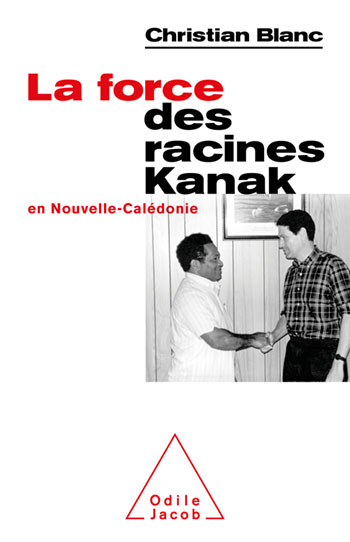
Christian Blanc
The Strength of Kanak Roots in New Caledonia
An exceptional account of a significant episode in the recent history of France, by one of its principal participants.
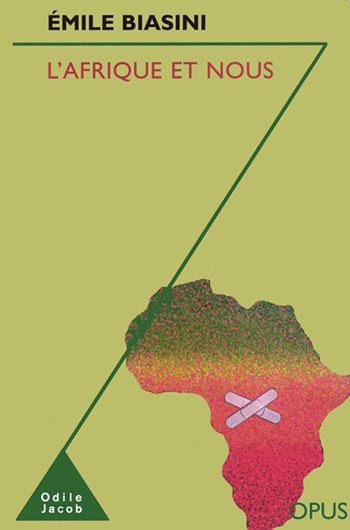
Émile Biasini
Africa and Us
Economist Charles Gide once described colonization as "a force of nature." Biasini believes that to imagine that our current phase of decolonization actually is an end to colonialism is just another manifestation of our society's megalomania. Africa today is going through a phase of change. It must stay faithful to its roots, digesting all the various cultures which have influenced it, while facing a new colonial menace. Its own elites, once fled abroad, have returned to Africa and are quickly becoming the colonists of their own countries. And such colonial ambitions, history teaches us, must inevitably lead to imperialism. Emile Biasini was a civil servant in colonial Africa. Under De Gaulle, he helped found the Ministry of Culture.
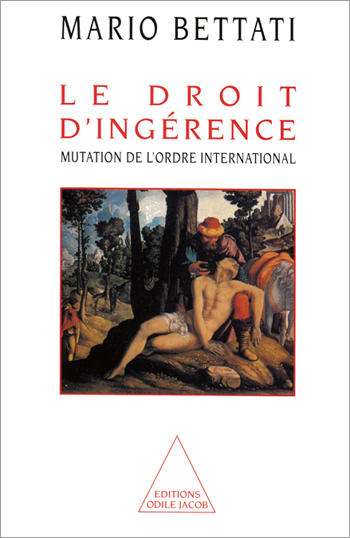
Mario Bettati
The Right of Interference Transformation of International Order
Inventor of the "right of interference", Mario Bettati, a professor of International Law, explains in this book the precise political circumstances and the legal context under which the right of humanitarian interference came about. This book is divided into four parts which follow both a chronological and a logical order. Beginning with interference as verbal denunciation, following with interference as medical assistance, he speaks of forced interference (Yugoslavia, Somalia and Rwanda) and finishes by dissuasive interference (courts for crimes against humanity and conflicts observatories). A thorough presentation of an important subject.

